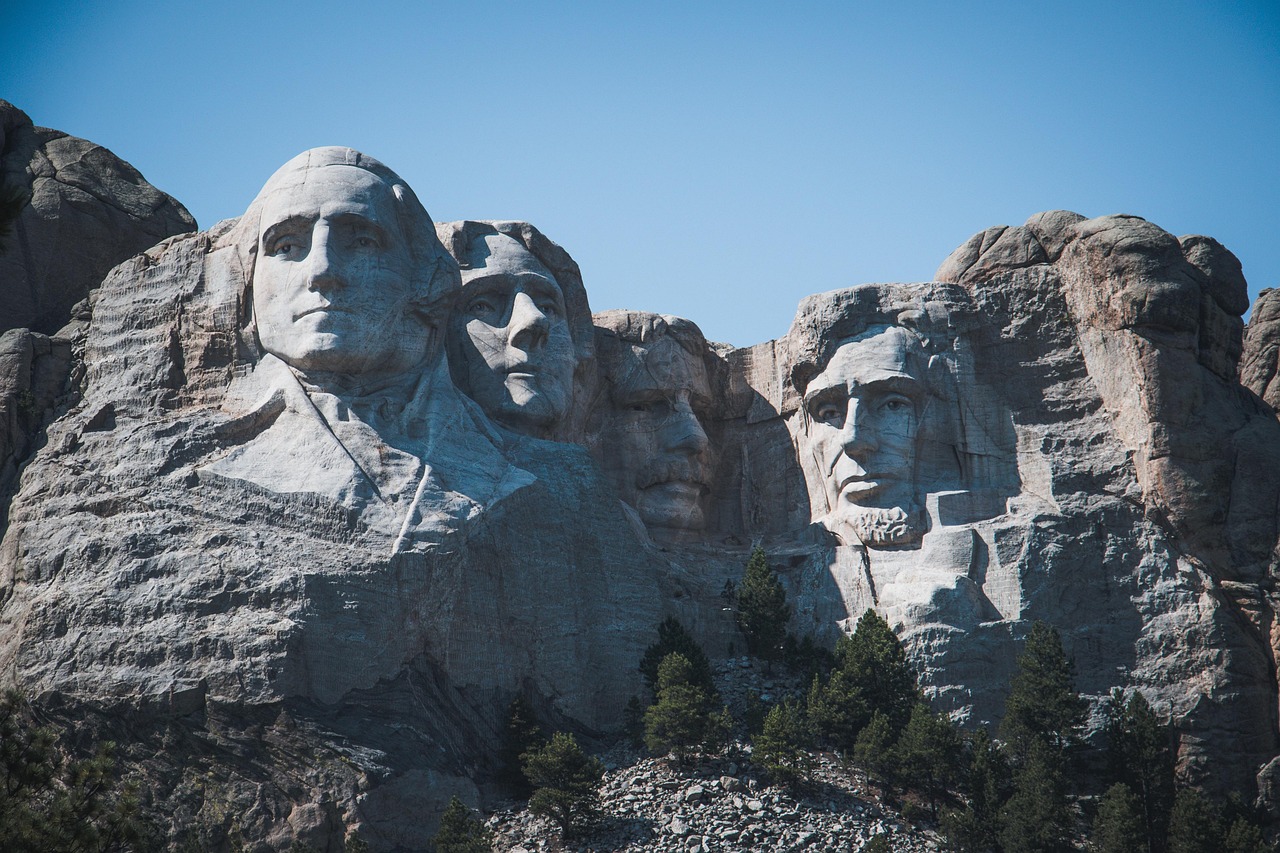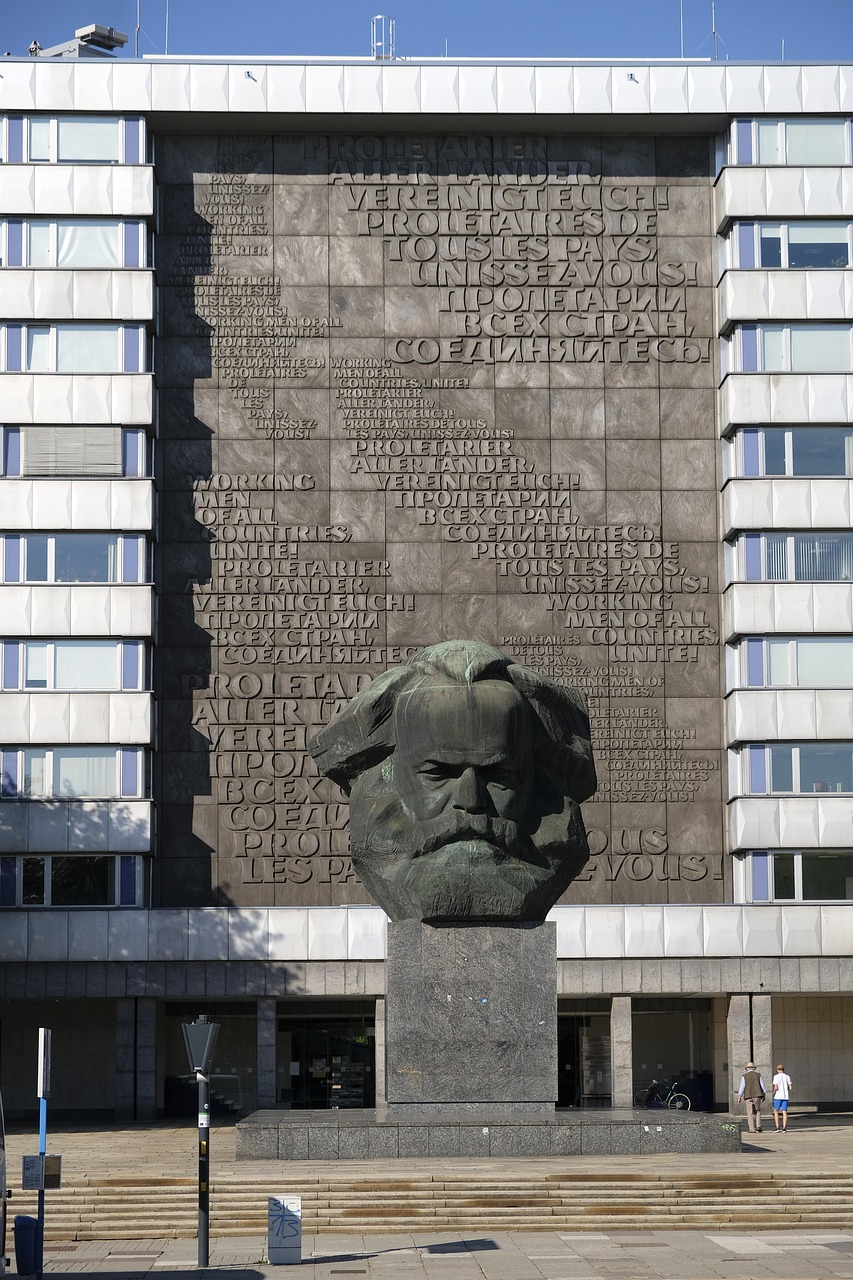For too long, many of us in the west have witnessed the downward spiral of Venezuela’s economy and society with horror. Hyperinflation, power cuts, shortages of food and medicine, and a dictatorship with no respect for individual liberty have all played their part in driving millions of Venezuelans from their homes and into poverty.
In the last 48 hours, after years of unimaginable suffering and hardship, we saw incredible images from the streets of Caracas of defiant Venezuelans rising in an incredible show of resistance. But how did the country find itself in the mess it’s in today? One word: socialism.
Hugo Chávez came to power in 1998 in extremely lucky fashion, with the oil boom coinciding with his inauguration. As such, he was able to turn on the money taps during his first term, increasing government spending by over 10 per cent.
In his second term, however, things took a turn for the worse. Chávez used a heavy hand to interfere in the market, and when things inevitably didn’t go to plan, he began to accuse those running businesses of sabotage – a tactic adored by socialists the world over.
He brought the state oil company, PDVSA, increasingly under his own control. What’s more, he increased the economy’s reliance on this one industry. So, when the drop in oil prices occurred in 2014 (after his death), it became more difficult to import goods at the same level as before, due to the shortfall of foreign currency, causing widespread inflation.
Nicolás Maduro, Chávez’s hand-picked successor, responded by printing more money and increasing the minimum wage. These policies, in addition to defaults on sovereign debt, induced an economic death spiral that grew progressively worse over time. To put things into perspective, Venezuela’s annual inflation rate reached an eye-watering 1,300,000 per cent in the 12 months to November 2018. By the end of 2018, prices were doubling every 19 days.
One of Venezuela’s most damaging policies, however, was the decision to establish price controls. This political error dates back to the Chávez era and results in shortages of basic goods like milk, bread, soap, and toilet paper. Venezuelans are left to queue for hours, often in vain, for these necessities.
This has not been a recent change, however. Food shortages were reported over a decade ago by the American media, and today people are left queueing in marketplaces to buy spoiled meat so that they can put food on the table. Water, too, has been scarce, electricity is unreliable, and medicines are out of stock – even for the most serious of illnesses like HIV/AIDS and cancer.
These humanitarian tragedies, however, shouldn’t surprise us. As British Conservatives, we know that socialism doesn’t work, that it can only lead to economic devastation, and that it always curtails civil liberties.
After all, Chávez’s main political aim was to seize as much power for himself as possible. He replaced Venezuela’s congress with a national assembly firmly under his own control, he ended the independence of the judiciary, attacked independent trade unions that did not benefit him, removed presidential term limits, ended the independence of the electoral watchdog and actively encouraged corruption and nepotism. All while ensuring that the media were unable to hold him to account.
When we consider the misery under which Venezuelans have been suffering for so long, let us never forget that this is the economic model that Jeremy Corbyn has long believed the United Kingdom should pursue. He glorified Hugo Chávez, and then Nicolás Maduro, as shining examples of the change he wanted to see in the world.
Indeed, Corbyn himself said that “Chavez showed inspiration to all of us fighting back against austerity and neoliberal economics in Europe… showed us there is a different and a better way of doing things – it’s called socialism, it’s called social justice, and it’s something that Venezuela has made a big step towards.” Bear in mind that when Corbyn said this, food shortages were already a reality for Venezuelans.
Diane Abbott, the shadow home secretary, said that Chávez was “so important for Latin America, the Caribbean and the rest of the region because he showed another world is possible.” Indeed, many in Corbyn’s shadow cabinet have been on-the-record fans of Chavismo economics.
Yet, years later in 2019, now that most Venezuelans are desperate and starving, with many persecuted or even killed, most socialists in Britain have fallen silent, unable to even condemn the regime’s disastrous policies.
As Conservatives, we owe it to the people of Venezuela to talk about the real alternative: political and economic freedom. Countries that have adopted this system of liberty under a rule of law with free enterprise and a market economy have seen unprecedented increases in the wellbeing and prosperity of working people – indeed, there has never been a more effective machine for eliminating poverty.
And while the very foundations of socialism go against what we know of human nature, free-market capitalism allows for a system of voluntary cooperation in which individuals are free to determine their own decisions, and their rights and dignity are respected. This is in stark contrast to the socialist reality in Venezuela, a country in which individuals are treated as mere pawns to be used, manipulated, and brainwashed in the name of an ideology that’s been proved time and time again to fail. It is, of course, no accident that social injustices and inequality are greatest in socialist states operating under centralised control.
Socialism, after all, is the system that confiscates private property and nationalises industries, and then wonders why there is a lack of investment by business. In Venezuela, at least 511 companies are either wholly or majority-owned by the government – and 70 per cent of them are losing money.
Socialism is the system that raises taxes to such levels that all incentives to create wealth and opportunity diminish. It is the dogma that tells leaders to drag prices to below their market value, leading to an unsustainable production model. It is the system that curtails civil liberties, forcing individuals to do the state’s bidding whether they believe in it or not.
As an open society that stands for democratic freedoms and values, it is right that we in Britain show leadership through recognising Juan Guaidó as interim president of Venezuela. Indeed, as millions of people are on the cusp of ushering in a new era of freedom and democracy, Britain as an advocate of an international rules-based order should use its influence and skills including soft power to build the capacity for and support the process of democracy, as we do through DfID and the FCO in so many other parts of the world.
After years of having their dignity drained from them, Venezuelans are now fighting for their freedom and demanding an end to an illegitimate regime.
They know what so many in this country do not, which is that Venezuela has, indeed, shown the world that another way is possible. It has exposed to the world an inhumane dictatorship whose coercive ideology has brought brutality, mass poverty, disease, and tremendous suffering to its people. And the name for that system? As Mr Corbyn told us himself, it’s called socialism.















